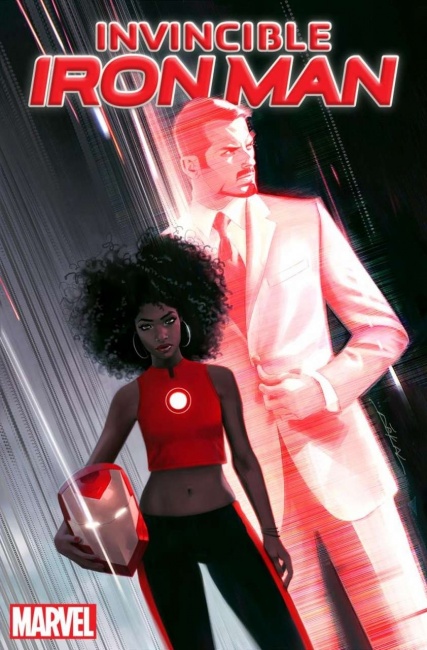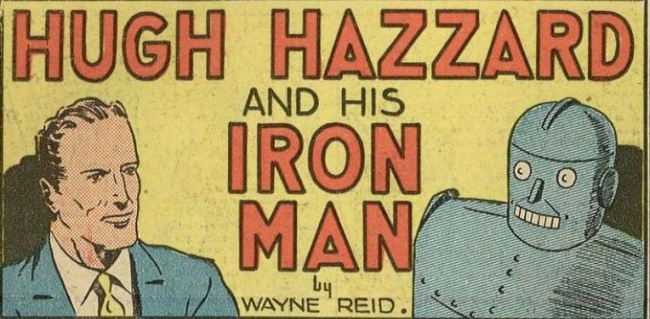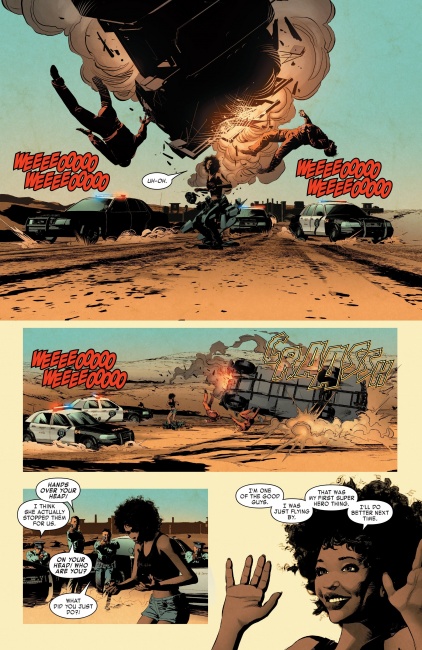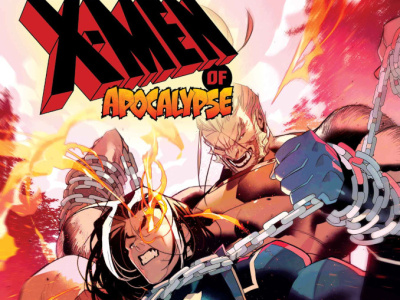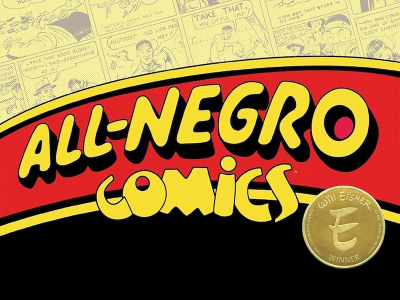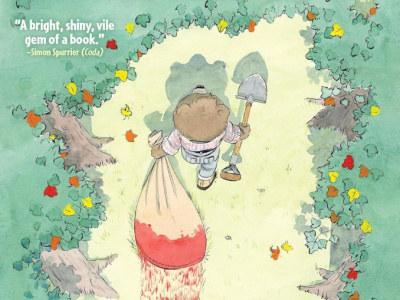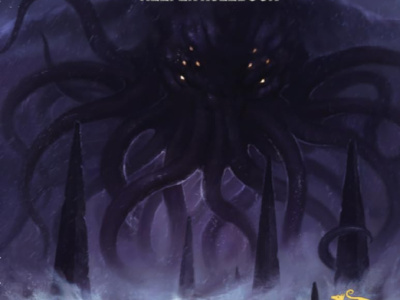Confessions of a Comic Book Guy is a weekly column by Steve Bennett of Super-Fly Comics and Games in Yellow Springs, Ohio. This week, Bennett looks at the new Iron Man and an outdated storytelling trope that should be retired.
Believe it or not, I was planning to write about underrepresented groups in popular culture and Those Opposed (i.e. angry fans) even before Marvel’s latest big character revision reveal (see “Black Female Iron Man Suits Up”). You would think by now the media would catch on that they’re giving Marvel the free publicity they desperately crave, but no, the news that 15-year-old Riri Williams was taking over for Tony Stark made its way onto sites ranging from Time to Teen Vogue to International Business Times.
I loved the headline from a piece that appeared on the WPIX-TV website, “Iron Man Gets Extreme Makeover Into Black Woman, Internet Has a Complete Meltdown”, but sadly it didn’t. The responses actually ranged from fans who literally rejoiced to those who were (you guessed it) Opposed. But what all the Opposition had in common was a fear of change; either of comic books changing to that predictable litany of “social justice warriors are running comics.”
Me, I'm all for it. It’s a totally unexpected move likely to generate new kind of stories, exactly the sort of thing I’m always looking for. Though, not to take anything away from Brian Bendis, it’s hard to ignore the calls for Marvel to hire black female writers. As MTV.com put it, “Iron Man Will Be a Black Woman. Will Marvel Ever Hire One?.”
We’ve already seen her armor; happily, it doesn’t come with breasts, though it is a little too “Ballerina Iron Man” for me. I just hope they don’t tag her with “Iron Girl” because “Iron Man” isn’t a person, it’s the armor. Maybe they could take a page from the character’s Golden Age namesake from Smash Comics who was billed as “Hugh Hazzard and his Iron Man” and call the comic Riri Williams and her Iron Man.
But what’s important isn’t so much what I think about it but what Robert Downey Jr. thinks. Let’s face it, if anyone deserves the last word on the subject it’s undoubtedly him. The success of the Iron Man movies lies pretty heavily on his portrayal of Tony Stark, a character who for decades had been a mildly more interesting version of Bruce Wayne with a mustache. As widely reported, RDJ tweeted his approval with this tweet; “Get ready for a new generation of Marvel BAMF (bada** motherf***er).” I'm not sure what that's supposed to mean, exactly, but various news sites have interpreted it as showing his "support" and "approval", and that's good enough for me.
And for those who are afraid that all this stuff about inclusiveness, visibility and creating role models for the underrepresented is just a cover for a progressive political agenda let me reassure you this is just Capitalism at work. I place into evidence a piece called “A Marvel Insider Explains Why Its Iconic Superheroes Are Getting More Diverse” that appeared on CNN Money by Frank Pallotta. It features an interview with Marvel’s director of content and character development, Sana Amanat who does a solid job of explaining the importance of how visibility is bringing a larger audience to Marvel.
However, she also says that “Marvel is the world outside your window”, which I always thought was the catchphrase of Marvel’s defunct New Universe imprint. If that’s true though, given what’s going on in this country right now, I’m afraid Riri’s encounter with the police in Invincible Iron Man #11 might have gone very, very badly.
Being Opposed needn’t necessarily be negative; outrage can lead to activism. This year a number of gay characters were killed on prime-time network TV, which I missed because the shows on which this happened were either on basic cable (The Magicians, The Walking Dead) or The CW (Jane the Virgin, The Vampire Diaries and The 100), places I don’t go to for entertainment. But from my newsfeeds I was vaguely aware that a character named Lexa from The 100 had been killed off and, in the words of several stories on the subject, the show’s many gay fans “revolted” and took to social media to protest.
Because to them these weren’t a series of isolated incidents but instead examples of the persistent popular culture trope “Bury Your Gays,” something to be found in TV, movies, literature and, yes, even comics. It’s when an LGBT character is killed, usually violently and to advance the storyline of a hetrerosexual character; it’s as outdated and painful a Storytelling Cliche as The Magic Negro and The Noble Savage. The best- known example of this probably being when after a happy reconciliation Willow’s girlfriend Tara on Buffy the Vampire Slayer was killed by a stray bullet.
TV shows kill off major characters all of the time (Game of Thrones) and fans have expressed anguish over the death of a fictional character since Little Nell died in Dickens The Old Curiosity Shop. What’s makes the deaths of these characters especially more painful for these fans is LGBT characters have a low rate of representation on TV and a disproportionately high death rate. And to quote from a guest column by Dorothy Snarker that appeared in The Hollywood Reporter: “When death, sadness, and despair are the predominant stories we’re told, particularly for younger viewers, it can seem like a self-fulling prophecy."
Being old, fat, white and cis (I do try to take these new terms in stride but I’m afraid Grandpa will need more than a minute to get comfortable with that term) I don’t delude myself I speak for anyone other than me. But after a lifetime of self-identifying as Other, I can sympathize and empathize. Not being sample size, there weren’t a lot of people on television who looked like me. Which is why it took years to recover from the death of overweight Dr. Elliot Axelrod (played by Stephen Furst, Vir Cotto on Babylon 5) on St. Elsewhere. Making it even more painful he died of a heart attack, unmourned, unloved and was almost instantly forgotten.
But I didn’t pay attention to the protests, probably because it didn’t have anything to do with me, until it suddenly did. Later season’s of Person of Interest (see “Confessions of a Comic Book Guy--The Best Superhero TV Show Not Currently On Television”) introduced characters who became the fan favorite couple “Shoot,” “brainy hacker” Root (Amy Acker) and “compact Persian sociopath” Shaw (Sarah Shahi). Then in the 100th episode of its final season Root was killed, and fans experienced, as one online piece put it, “An Avalanche of Grief and Loss.”
In an interview posted on the afterellen website POI co-showrunners Greg Plageman and Jonah Nolan made a case for how the episode circumvented the trope, but some fans weren’t having it. I wasn’t ready for the outpouring of raw emotion I found on social media; fans weren’t just “angry,” they were distraught, bereaved. Plageman and Nolan might have been right, I think they were, but that’s not how it felt to these fans. I can only hope this response had the same impact on the producers that it had on me, or at the very least they’re now aware enough of the trope to avoid using it in future.
The opinions expressed in this column are solely those of the writer, and do not necessarily reflect the views of the editorial staff of ICv2.com.
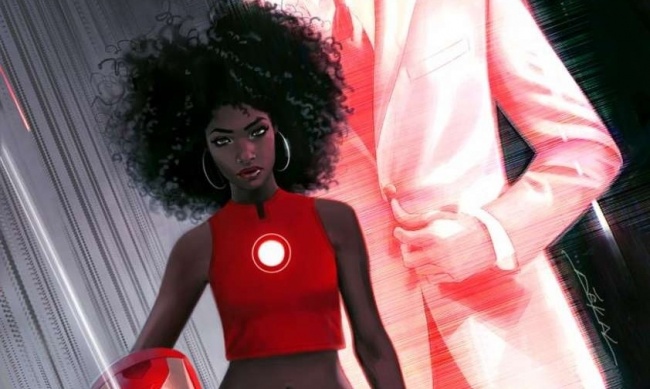
Column by Steve Bennett
Posted by Steve Bennett on July 13, 2016 @ 11:04 am CT
MORE COMICS
From Marvel Comics
August 19, 2025
Following X-Men of Apocalypse Alpha #1 next month, Jeph Loeb and Simone Di Meo's epic Age of Apocalypse sequel series continues this November in X-Men of Apocalypse #1.
Remastered Paperback Edition of Eisner Winner with New Content
August 19, 2025
The digitally remastered edition of the Eisner-winner includes new content.
MORE COLUMNS
Column by Rob Salkowitz
August 19, 2025
For Horror Week, columnist Rob Salkowitz asks whether the horror boom can help get us through a moment full of woe and dread.
Column by Scott Thorne
August 18, 2025
This week, columnist Scott Thorne discusses some of the most frightfully fun games of the year for Horror Week.



